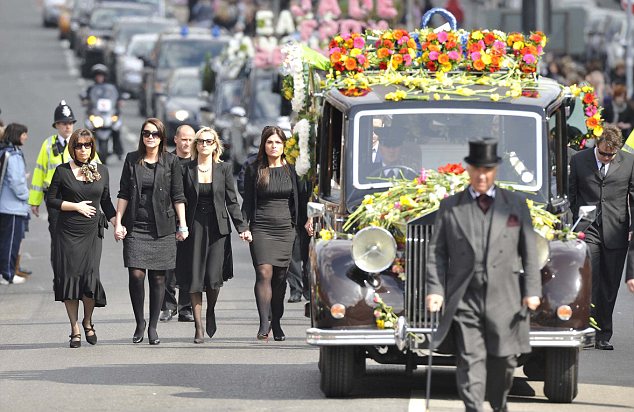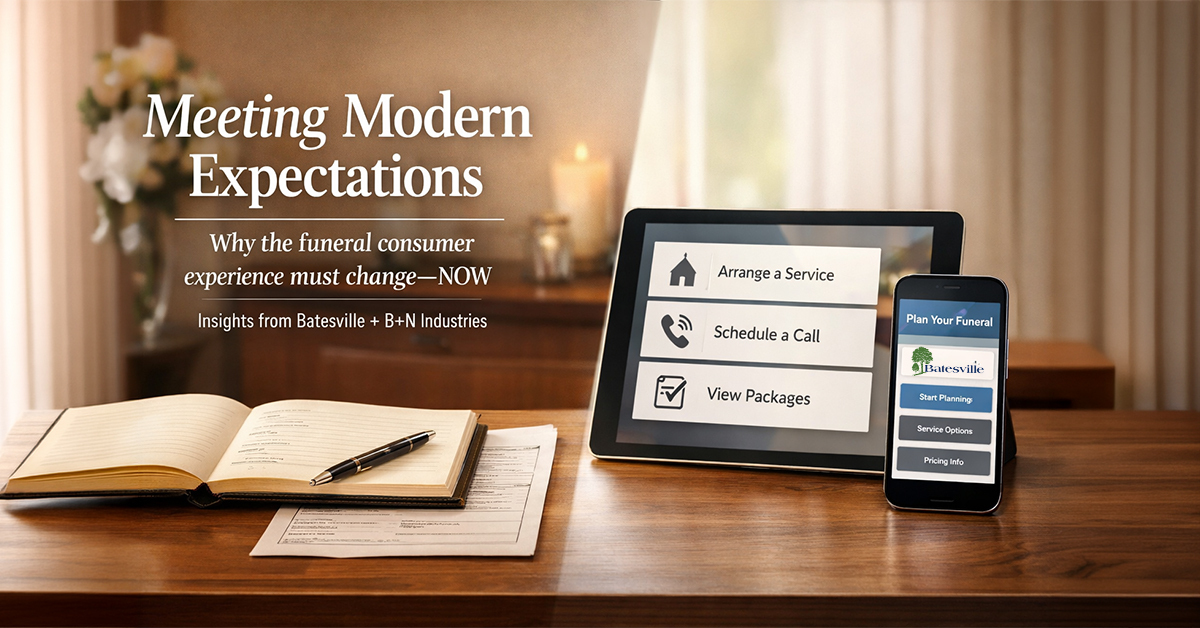Rising Cost of Dying and COVID Impact UK Watchdog’s Crackdown
A new report shows it cost a lot more to die in the UK in 2019 than it did in 2018. Watchdog organizations are not happy, but COVID is keeping them from doing something about it.
The cost of dying in the UK in 2019
UK insurance company SunLife produced its 15th annual Cost of Dying report early this year. According to the report, a basic funeral now averages £9,493 ($12,392) — an all-time high. It’s an increase of 3.1% in just one year and a whopping 47% increase since 2007. At this rate, SunLife predicts UK funerals will average more than $13,000 by 2023.
For the purposes of the report, SunLife breaks down the “cost of dying” into three components:
- Basic funeral — cremation or burial, funeral director, doctor, and celebrant,
- Send-off — memorial, death and funeral notices, flowers, limos, venue, and catering, and
- Professional fees — hiring a professional to administer the estate.
While the cost of “send-off” is up 11.9% over the previous study, the report cites the basic funeral costs as the most alarming. Funeral costs have risen 62% over the last decade. It’s a rate that far surpasses normal inflation. For example, in the same time period, fuel has gone up 29.4%, housing costs are up 42%, and wages have only increased by 22%.
UK government weighs in
In 2019, the Competition and Markets Authority (CMA) launched an investigation prompted by rising costs in the UK funeral industry. As part of the process, the CMA studied competition among funeral directors and among crematoria as well as pricing transparency. They surveyed consumers and asked for feedback from funeral professionals.
On August 13, 2020, the group published the following identified issues:
- People are too distressed at their time of need to compare providers and instead choose a familiar, recommended, or geographically close funeral home.
- Pricing and product information isn’t consistent enough to allow for cost comparisons.
- Funeral home and crematorium fees are increasing faster than inflation rates.
- Residents of Britain, Wales, and Northern Ireland believe funeral directors are regulated (they aren’t).
- Those same residents’ loved ones are receiving “unacceptably low levels of care.”
- The government makes opening a new crematorium extremely difficult, so consumers have very few to choose from.
What’s next?
Along with these “provisional conclusions” the CMA recognized the impact of COVID-19 on the death care profession. Unfortunately, the pandemic has created a “serious dilemma for the CMA.
“On the one hand, it is clear that the funerals sector is not working well and that reforms will be needed,” reads a statement. “On the other hand, the pandemic has created insurmountable obstacles to some of the solutions needed to design and implement far-reaching reform of the sector at this stage.”
One of those proposed reforms — price caps on funeral services and merchandise — has not been well received by the profession. Dignity, one of the UK’s largest funeral firms with 800 locations, has basically announced they won’t lower prices until the CMA makes them.
Members of the National Society of Allied and Independent Funeral Directors are also breathing a sigh of relief.
“We are pleased that an earlier proposal to introduce price controls, which would be inappropriate and potentially highly damaging at this time of restricted funeral services, has been shelved,” a spokesperson said. “It has been an incredibly challenging year for the profession.”




